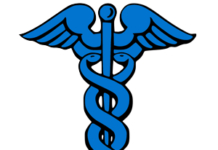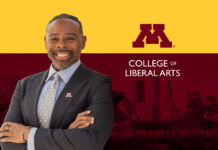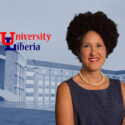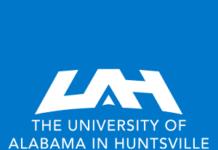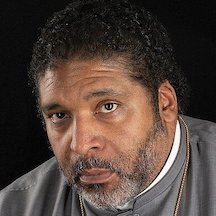 Yale Divinity School has announced the establishment of the Center for Public Theology and Public Policy. The new center will pursue teaching, practice, research, and collaboration at the intersection of theology and advocacy. Rooted in the philosophy of moral movements that have strategically and successfully used theology as the basis for challenging social and economic injustice in society, the center’s scholarly and teaching work will concentrate on expressions of public faith that contribute to movements for justice. It will engage divinity, law, and undergraduate students in critical conversations about religion, faith, moral values, social movements, and social transformation.
Yale Divinity School has announced the establishment of the Center for Public Theology and Public Policy. The new center will pursue teaching, practice, research, and collaboration at the intersection of theology and advocacy. Rooted in the philosophy of moral movements that have strategically and successfully used theology as the basis for challenging social and economic injustice in society, the center’s scholarly and teaching work will concentrate on expressions of public faith that contribute to movements for justice. It will engage divinity, law, and undergraduate students in critical conversations about religion, faith, moral values, social movements, and social transformation.
Bishop William J. Barber II, a moral movement leader who comes to Yale after 30 years of pastoral ministry and has served in numerous public leadership roles, will serve as its founding director. He will retire as pastor of Greenleaf Christian Church in Goldsboro, North Carolina, where he has served as senior pastor since 1993. During his career, Dr. Barber led the Moral Mondays movement in North Carolina, established Repairers of the Breach to train communities in moral movement building, and co-anchored the revival of the Poor People’s Campaign: A National Call for Moral Revival. He brings teaching experience from Union Theological Seminary, St. John’s University, the Pontifical Academy of Social Sciences, and Duke University’s Sanford School of Public Policy.
“I have been a pastor engaged in movement work for three decades,” said Dr. Barber, whose title at Yale will be professor in the practice of public theology and public policy. “While I continue the work of movement building, I’m transitioning my pastoral work from the congregation to the classroom. I want to walk with the next generation of moral leaders and share with them what was passed down to me. I’ve been given too much to just take it all with me when I leave this life. I want to pass it on.”
Dr. Barber is a graduate of North Carolina Central University. He holds a master of divinity degree from Duke University and a doctor of ministry degree with a concentration in public policy and pastoral care from Drew University in Madison, New Jersey.
